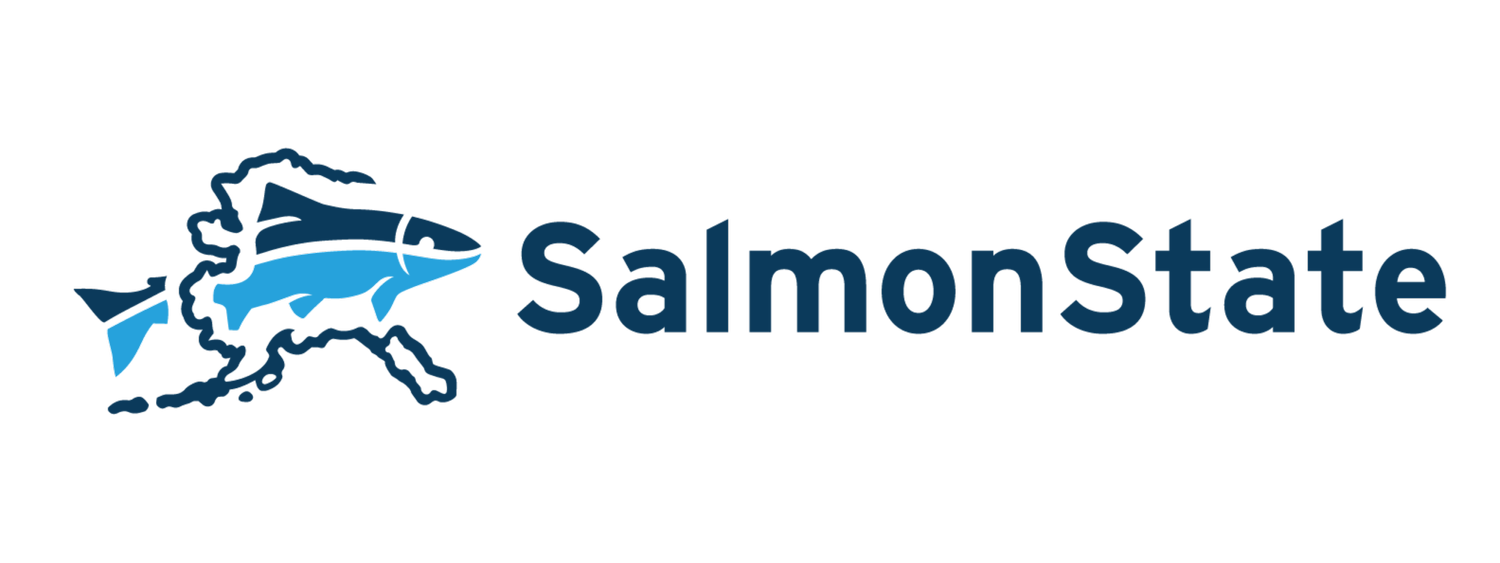Tribal representation & comanagement, comprehensive habitat protection in the face of climate change, need for trawl bycatch reduction take center stage during Senate testimony
Photo by Lindsey Bloom
BETHEL, ALASKA—On Friday the Yukon Kuskokwim Health Corporation hosted more than one hundred Alaska Native leaders and community members in the main meeting hall of the Bethel campus for a field hearing held by the U.S. Senate Indian Affairs Committee. Senator Lisa Murkowski chaired the meeting as invited expert witnesses and community members spoke on the record about the deeply felt impact of wild salmon declines along Arctic, Yukon, Kuskokwim Rivers. They emphasized the importance of giving salmon every chance possible to rebound, Tribal representation and comanagement in all fisheries management regimes, and the need for immediate action to address declines.
"While climate change is not easily or directly controllable by fishery management entities like the National Marine Fisheries Service (NMFS) and U.S. Fish and Wildlife Service, addressing the impacts of commercial fishery bycatch and meaningful integration of Tribes into management processes are. Yet it is climate change that receives the blame for our salmon crises without considering the fallacy of Western management principles that have eroded thousands of years of Indigenous stewardship principles and pushed salmon over the brink,” testified Jonathan Samuelson, representing the Kuskokwim River Inter-Tribal Fish Commission.
“Salmon population crashes along Arctic, Yukon and Kuskokwim Rivers are a human rights crisis and an ecological disaster,” said SalmonState Executive Director Tim Bristol after the hearing. “We urge the Biden Administration to heed those who spoke today and to act quickly to update national standards governing the trawl fleet’s prolific, unconscionable bycatch.”
Salmon connect Alaska’s oceans and freshwater habitat, swimming from their birth waters in freshwater streams and rivers, out to sea, and returning to begin the cycle again. Those from AYK rivers are intercepted in the tens of thousands by trawlers, also known as draggers, which drag nets the size of football fields through federal waters in search of whitefish like pollock and sole. Trawling is the most wasteful fishery in Alaska, bycatching and largely dumping overboard dead 141 million pounds of marine life each year, on average.
Thousands of Alaskans and Americans recently commented in favor of updating the guidelines interpreting three of ten National Standards, which guide the implementation of federal fisheries law.

